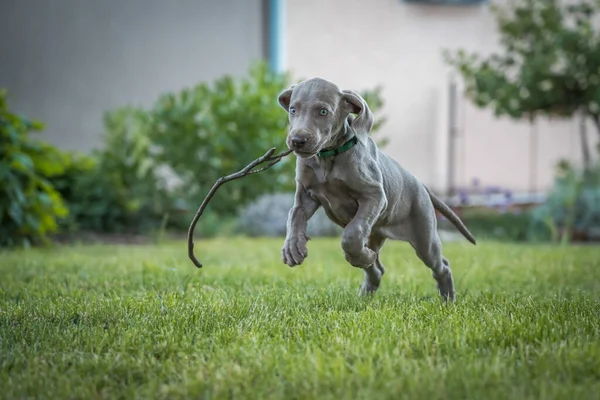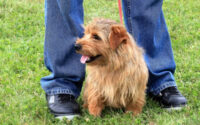Blue lacy temperament
Originating in the United States, the Blue Lacy is a versatile and energetic breed known for its hunting skills and loyalty to its owners. Understanding the temperament of this breed is crucial for anyone considering adding a Blue Lacy to their family. From their traits and characteristics to their behavioral patterns, training tips, and managing aggression, there are key factors to keep in mind when caring for a Blue Lacy. Nurturing a healthy relationship with these intelligent dogs is essential for their overall well-being and happiness.
Understanding the Blue Lacy Temperament
Table of Contents

The Blue Lacy is a highly intelligent and energetic breed that thrives on physical and mental stimulation. They are known for their work ethic, loyalty, and eagerness to please their owners. This breed is also extremely alert and makes an excellent watchdog. Blue Lacys are often reserved with strangers but are affectionate and loving towards their family members. They require ample exercise and mental challenges to prevent boredom and destructive behaviors.
Traits and Characteristics of the Blue Lacy Breed

- Blue Lacys are medium-sized dogs with a sleek coat that comes in shades of blue, gray, or red.
- They have a muscular build, long legs, and a distinctive coat that is low-maintenance.
- This breed is known for its endurance and agility, making them excellent hunting and tracking dogs.
- Blue Lacys have a strong prey drive and may not do well with small pets unless socialized from a young age.
Behavioral Patterns of Blue Lacy Dogs

Blue Lacys are known for their high energy levels and need for physical activity. They are happiest when given a job to do or a task to complete. Without proper exercise and mental stimulation, they may become restless and develop undesirable behaviors. This breed is also sensitive to their owner’s emotions and thrives on positive reinforcement training. Blue Lacys are eager learners and excel in obedience training and agility competitions.
Training Tips for Blue Lacy Owners

- Start training early: Begin socialization and obedience training as soon as you bring your Blue Lacy home.
- Use positive reinforcement: Reward good behavior with treats, praise, and playtime to motivate your dog.
- Be consistent: Establish clear rules and boundaries from the start and enforce them consistently.
Managing Aggression in Blue Lacy Dogs

While Blue Lacys are not typically aggressive, any dog has the potential to exhibit aggressive behaviors if not properly trained and socialized. It is important to address any signs of aggression immediately and seek professional help if needed. Early intervention and positive reinforcement training can help prevent aggression in Blue Lacys.
Nurturing a Healthy Relationship with Your Blue Lacy

Building a strong bond with your Blue Lacy is essential for their well-being and happiness. Spend quality time with your dog, provide plenty of exercise and mental stimulation, and show them love and affection. Establishing trust and respect through consistent training and positive reinforcement will help nurture a healthy and fulfilling relationship with your Blue Lacy.
In conclusion, the Blue Lacy breed is a unique and versatile dog with a temperament that requires understanding, patience, and dedication from its owners. By recognizing their traits and characteristics, behavioral patterns, and training needs, you can ensure a harmonious relationship with your Blue Lacy. With proper care and attention, these loyal and intelligent dogs will thrive as loving members of your family.




Starting training early for Blue Lacy is a good tip. I’ll remember that.
These dogs have a lot of energy. Exercise is very important for them.
Managing aggression early on is crucial. Good to know it’s not typical for them.
Positive reinforcement seems very important when training Blue Lacy dogs.
Having clear rules and consistency in training makes sense for this breed.
The Blue Lacy sounds like a great hunting dog. They must need lots of exercise.
The strong prey drive means they might not be good with small pets. Interesting!
It’s nice that Blue Lacys are good watchdogs. They seem very alert.
I didn’t know Blue Lacy dogs are so loyal. That’s good to know!
Nurturing a relationship with a Blue Lacy means lots of love and exercise. Sounds rewarding.